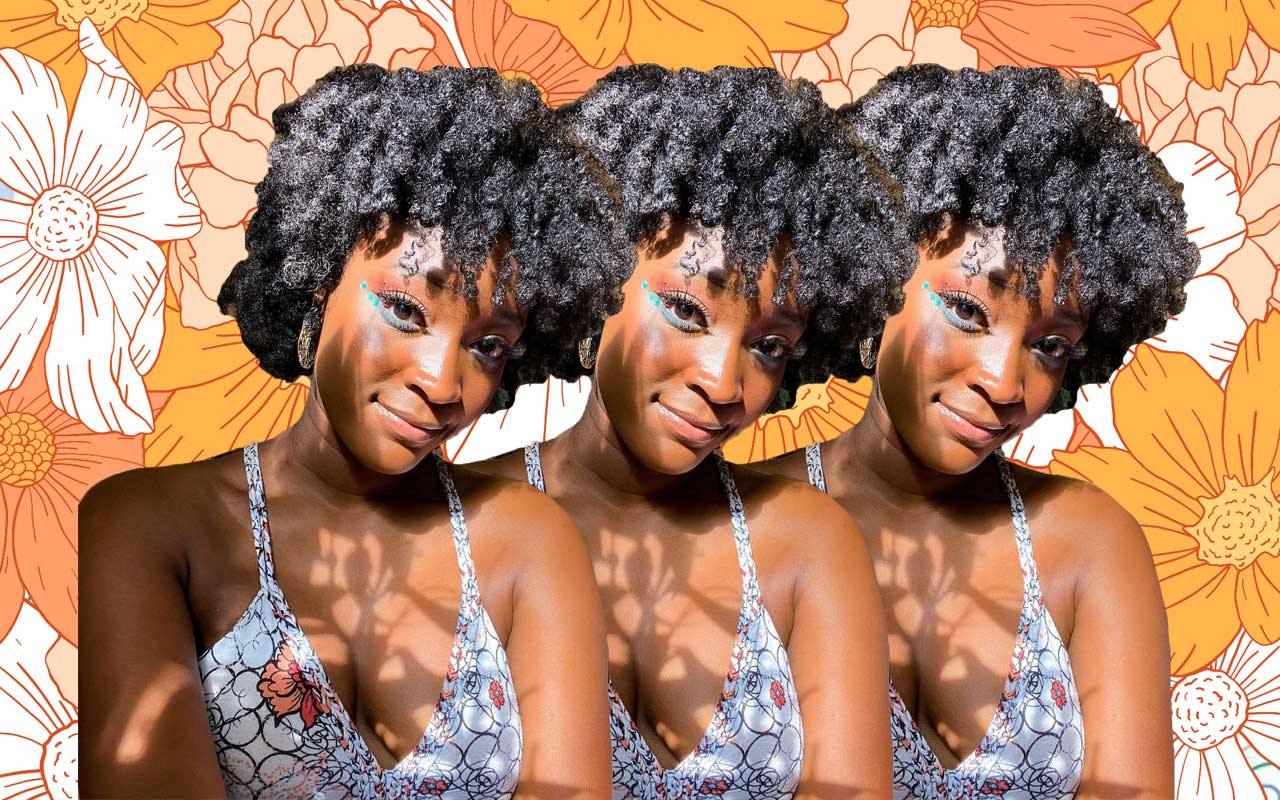
“Oh my goodness!” a person says to a Black woman with an afro at the bus stop, “your hair is so big and fluffy! Like a puppy!”
Before you, or the unsuspecting woman, knows it, that person has stuck their hand in her hair, running her coils through their fingertips. Both you and the woman gasp aloud as she takes a step back, trying to disentangle the hand from her hair.
She might laugh and try to make a joke out of it. She might smile awkwardly, look at the ground, and hurry onto the bus. She might start to yell, shocked and outraged (which might feel like a bit of an overreaction.) Regardless, you go on your way, mostly forgetting about the encounter, but something off sticks in your mind. That’s because you just witnessed a microaggression.
* * * *
The term microaggression is a word recently assigned to behaviours that have occurred for decades, if not longer; statements or actions that continue to play a role in the discrimination and othering of people with marginalized identities. A bit of a misnomer however, because microaggressions aren’t small at all; in fact, they can have a huge effect on the mental and emotional health, sense of community, belonging, and value for those on the receiving end.
Despite considerable effects, microaggressions are the day to day things, the “little stuff” that doesn’t make the news in the same way that racism manifested as direct violence might, instances of police brutality, for example.
@jordxn.simone don’t go ahead #hair #natural #MakingTheCut
♬ original sound – Jóvante
Microaggressions also aren’t always intentionally harmful— but it doesn’t erase the harm that they’re causing. Take for instance, our earlier example. It is obvious that the person who touched the unsuspecting woman’s hair was trying to pay some type of compliment (although the hair touching was completely unnecessary). Instead, it was an isolating experience that clearly pointed out her hair as “other.” It wasn’t related to human hair, but to the “fluffiness” you might relate to a dog. That, coupled with the unwanted physical contact, was enough to make the woman uncomfortable. In trying to exit the situation, she could either a) stand up for herself, drawing even more attention and maybe even judgement, or b) try to laugh it off, until she could get to a place where she felt safe. What was in theory meant to be a compliment turned out to be a humiliating and distancing experience, proving that no matter how well intended it may have been, that compliment wasn’t a compliment at all.
The truth is, most of us, if not all of us, have probably said or done something microaggressive to someone else, because of our limited and often biased understanding of other people.
Below are some common microaggressions people receive and why it is offensive.
“You’re so articulate/well-spoken”
This is offensive to anyone who isn’t white. It not only assumes that their ability to use Standard American English makes them part of the norm, but the surprise implies that you thought they couldn’t use Standard American English, which is othering as well as suggests they’re smarter than you thought they’d be.
“So where are you really from?”
This is offensive to any person of colour because it’s othering to assume that because of the way they eat, dress or talk, amongst other things, they can’t be born in your native country. Also, that’s just personal information you wouldn’t ask someone else.
Misgendering/dead-naming/ using the wrong pronouns
This is offensive to trans people, because it can be triggering, and negates their personhood and their identity, to focus on what you think is the correct name, gender, pronouns etc should be.
The list could go on and on (feel free to check out my TikTok for more on different microaggressions) but the point is simple: our ignorance can lead to harm, whether it is well intended or not. It is essential that we listen and empathize with the people around us to create environments where we can all feel safe to learn, grow, and thrive.
@jordxn.simone Reply to @musical.ly_for_deaf this is also true for being “well spoken” #microaggressions #WelcomeBack #aave
♬ Bach Concerto in a Minor for Violin – Classical Music
So now what?
How do you avoid using microaggressions? One of the best ways is to say what you really mean to say. If you’re complimenting someone on the way that they speak, check two things: why are you saying this, and what do you really mean to say? Did they really do a great job getting information to you in an easy and accessible way, or did you think they would speak in an accent you thought you wouldn’t be able to understand? If it’s the latter, say nothing at all; that compliment is not a compliment, just you recognizing you came in with some biases you hadn’t previously checked. If it is the former though, then instead of saying “you’re so well spoken!” say exactly what you mean to say, which is “you made that so easy to understand!”
Microaggressions create uncomfortable, sometimes intolerable environments, and no matter how well intended you are, they don’t point out the good qualities, only the ways that you are different from the “norm.” So say what you need to say, in a way that’s actually kind. And if you’re unsure, rephrase! If we all take time to take that extra step, the world will be much more peaceful for all of us.

